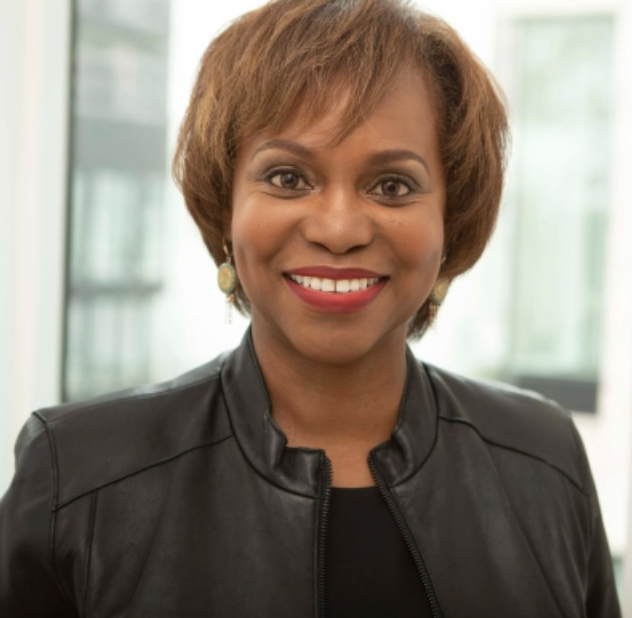The COVID-19 pandemic was just the first of a series of major events that turned 2020 into one of the most active and meaningful years of civic engagement the United States has ever seen. While the pandemic initially prompted plenty of action on its own, other significant occurrences further transformed life for Americans: nationwide demonstrations on racial equity, a contentious U.S. presidential election and an assault on the U.S. Capitol.
America’s millennials are poised to reshape society to a greater degree than any generation since the Greatest Generation. As 2 million baby boomers retire each year, millennials are projected to constitute 75% of the workforce. For businesses and nonprofits looking to navigate perpetually “unprecedented” waters, the key to future success is understanding this generation and engaging with it successfully.
That’s exactly what we at Points of Light set out to do. Our team, in partnership with research and design firm INFLUENCE|SG, conducted a study on civic engagement among the millennial generation to gather some crucial data points. While it’s impossible to define any group of 72 million Americans, this data gave us insight on how to best engage with millennials, and the keyword is: collaboration.
What we found was a dedication to the common good, but on a deeply individual level. Millennials aren’t solely looking to help others who are impacted by today’s issues; they’re participating in civic engagement because they themselves feel personally affected. And for a generation that numerous studies have shown to be more optimistic than any before it, doing their part to drive societal and systemic change is both a reasonable and worthwhile effort.
According to our research, almost half said the pandemic increased their belief in civic engagement and 69% said they were more likely to volunteer. With so many communities pushed to the brink by upheaval, 85% felt that people should help their community and the world. For 93% of respondents that meant a commitment to civil rights, racial equity, social justice and LGBTQ rights.
For a corporate office environment or a nonprofit looking to capitalize on this civic spirit, the message cannot be overstated: simple gestures are not enough. Millennials can sniff out “lip service,” they do their own research, and so the performative will not suffice.
Contrary to some popular depictions, this is not the result of a small band of so-called social justice warriors. In fact, one of the largest segments of civically active millennials are white, married, Midwestern males, ages 35-40, earning more than $100,000 a year.
Organizations and brands must prioritize creating a culture of civic engagement and — more importantly — opportunities to channel employees’ desires to act. Without a doubt, socially engaged organizations recruit and retain more employees. Providing employees with opportunities for civic engagement isn’t just about doing the right thing; it’s better for companies’ bottom lines.
In order for companies and organizations to seize the moment, there are some key strategies to start implementing. The first step is engaging in meaningful dialogue with partners and competitors about how we all can address old systems that don’t work for our new world order. The millennial research showed that the number one action taken to support social issues was spending time learning about them.
Next, educate employees and stakeholders about how they can get involved and what individual actions they can take to make an impact. Provide direct opportunities for employees to be civically engaged and give them the time off to do so. Nonprofits in particular can help facilitate this civic engagement by offering opportunities to get involved and making them easily findable. Fostering civic engagement is critical for organizations to reach, recruit and retain the millennial generation — the generation deciding what our future looks like.
Finally, organizations must be genuine with their communication. It’s not simply about asking for support with the latest issue. Recognize that you’re reaching out to a generation feeling personally affected by the issues. The key is in the collaboration. Ask millennials what they need and how you can partner with them to achieve the desired goal. In this way, organizations become a conduit for millennial civic engagement, influencing social issues to build back better as we forge ahead post-pandemic.

